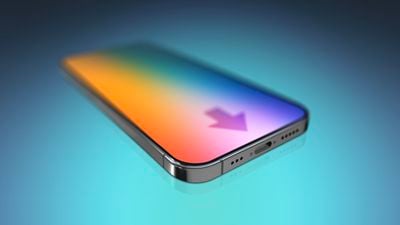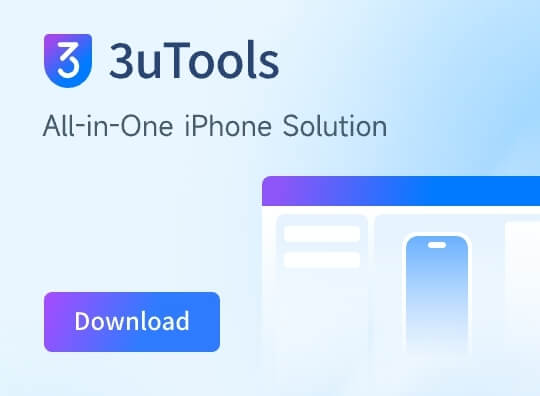Apple Considered iPhone 15 With Lightning Port Before Swapping to USB-C
04/19/2023
262
Early on in the iPhone 15 development process, Apple created a version that included a Lightning port, according to Apple leaker Unknownz21. In a tweet, Unknownz21 said that Apple tested an iPhone 15 with a Lightning port "very early on" but that it was "quickly scrapped" in favor of the USB-C version.

iPhone 15 models equipped with USB-C instead of Lightning were in testing as early as January 2022, and all designs after March 2022 focused on a USB-C port.
Apple's transition to USB-C on the iPhone has been one of the most consistent rumors, and the company is expected to ditch the Lightning port for all four models that are coming this year. Both Pro and standard models alike will charge via USB-C instead of Lightning, a first for the iPhone.
USB-C ports have been included in the Mac lineup since 2015 and the iPad line since 2018. All iPads that Apple sells now feature a USB-C port, in fact, so the only iOS devices that still use Lightning are the iPhones. Apple is planning to transition to USB-C for the iPhone because of European regulations that mandate a common charger for electronic devices.
The Lightning port is not permitted under these rules, so Apple had the option of introducing USB-C just in Europe and sticking with Lightning everywhere else, or using USB-C worldwide and eliminating Lightning entirely. USB-C across all Apple devices will make charging simpler because iPhones, iPads, and Macs will be able to share the same cable and power adapter.
Apple will eventually need to update the third-generation AirPods, AirPods Pro 2, AirPods Max, Magic Mouse, Magic Trackpad, Magic Keyboard, and original Apple Pencil, all devices that continue to charge with Lightning.
Apple may not need to rely on USB-C charging for too long, as the company has been pushing MagSafe wireless charging. iPhones since the iPhone 12 have incorporated MagSafe, and Apple could be planning to add similar technology to future iPad models. There have been rumors that Apple's eventual goal is to have a portless, all-display iPhone, and with MagSafe and the upcoming launch of Qi2, that may be possible at some point. The Qi2 standard will allow for faster MagSafe-like charging speeds and will serve as a more open alternative to MagSafe.
Source: Macrumors












